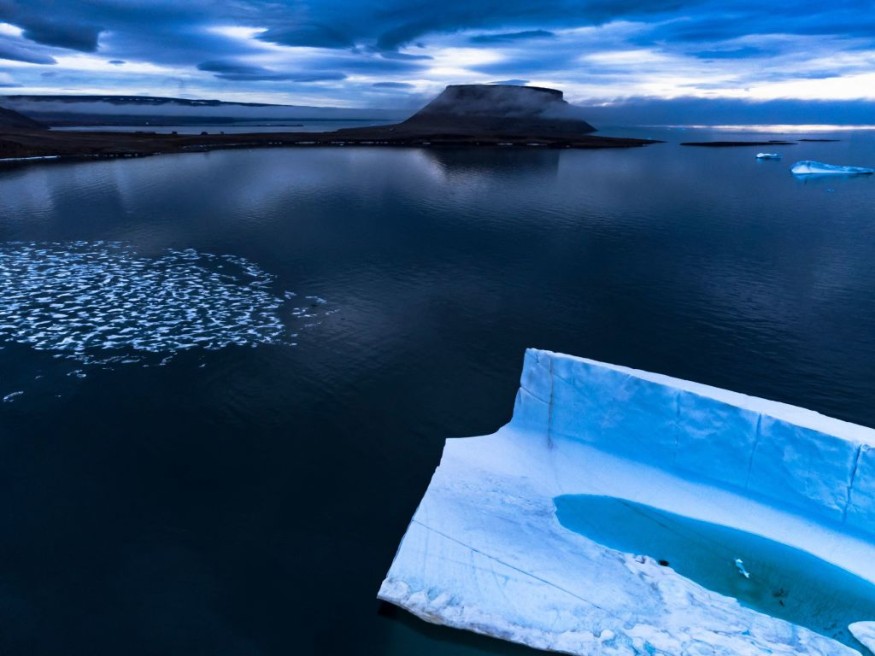The Arctic global warming rate is occurring nearly four times faster than the rest of the planet, according to a new study led by researchers in Finland and Norway.
The new research showed that the Arctic polar region has warmed in an unprecedented rate during the past several decades.
The said warming rate is alarming since it is greater than what climate scientists previously estimated.
In a climatic phenomenon called the "Arctic amplification," the Finnish-Norwegian research found the process is consistent with previous research that the Arctic is losing its reputation as one of the coldest polar regions of Earth.
However, the heating rate suggests associated environmental repercussions, including glacier melting and global sea level rise.
Last year, scientists have found the Arctic Ocean has been warming since the onset of the 20th century; almost during the early stages of the Industrial Revolution, marked by increased human-induced greenhouse gas emissions.
The Arctic Ocean warming is reportedly fueled by a separate yet related natural phenomenon called the "Atlantification."
For decades, scientists have warned against the increasing risk from burning of fossil fuels and the emission of various greenhouse gases like carbon dioxide.
In April, over 1,000 scientists from 25 countries engaged in a week-long global climate protest.
The enraged scientists expressed their frustrations after being ignored of their dire warnings of the worsening climate change.
Arctic Global Warming

According to the new paper published in the journal Communications Earth & Environment on Thursday, August 11, the Arctic global warming has increased almost quadrupled from 1979 to 2021 and this has been the cast in most parts of the icy continent.
The research discovered such rate has a significantly high ratio than what was generally reported in existing and previous scientific literature.
The latest findings suggested that the Arctic warming is exponential, highlighting the real-world threats posed by the ongoing climate crisis.
The collaborative study was made possible through researchers from the Finnish Meteorological Institute, the Center for International Climate Research in Oslo (CICERO), and the University of Eastern Finland's Department of Applied Physics.
Arctic Amplification and Atlantification
Arctic amplification values known as "AA" have been the measurement used to determine the warming.
According to researchers, the most extreme AA values transpired in the sea areas near Novaya Zemlya, as cited by AccuWeather.
The research team used several observational datasets based on climate model simulations.
The results yielded those previous assessments regarding the Arctic warming was underestimated, according to the study.
The new study came almost a year after scientists revealed in November 2021 that the Arctic Ocean has warmed since the 1900s due to the said Atlantification mentioned earlier in this article.
The 2021 research highlights the correlation between the North Atlantic and the Arctic, where warmer, saltier water from the south moves to the northern water.
Last year's study was published in the journal Science Advances, as cited by the United Press International (UPI).
© 2026 NatureWorldNews.com All rights reserved. Do not reproduce without permission.





